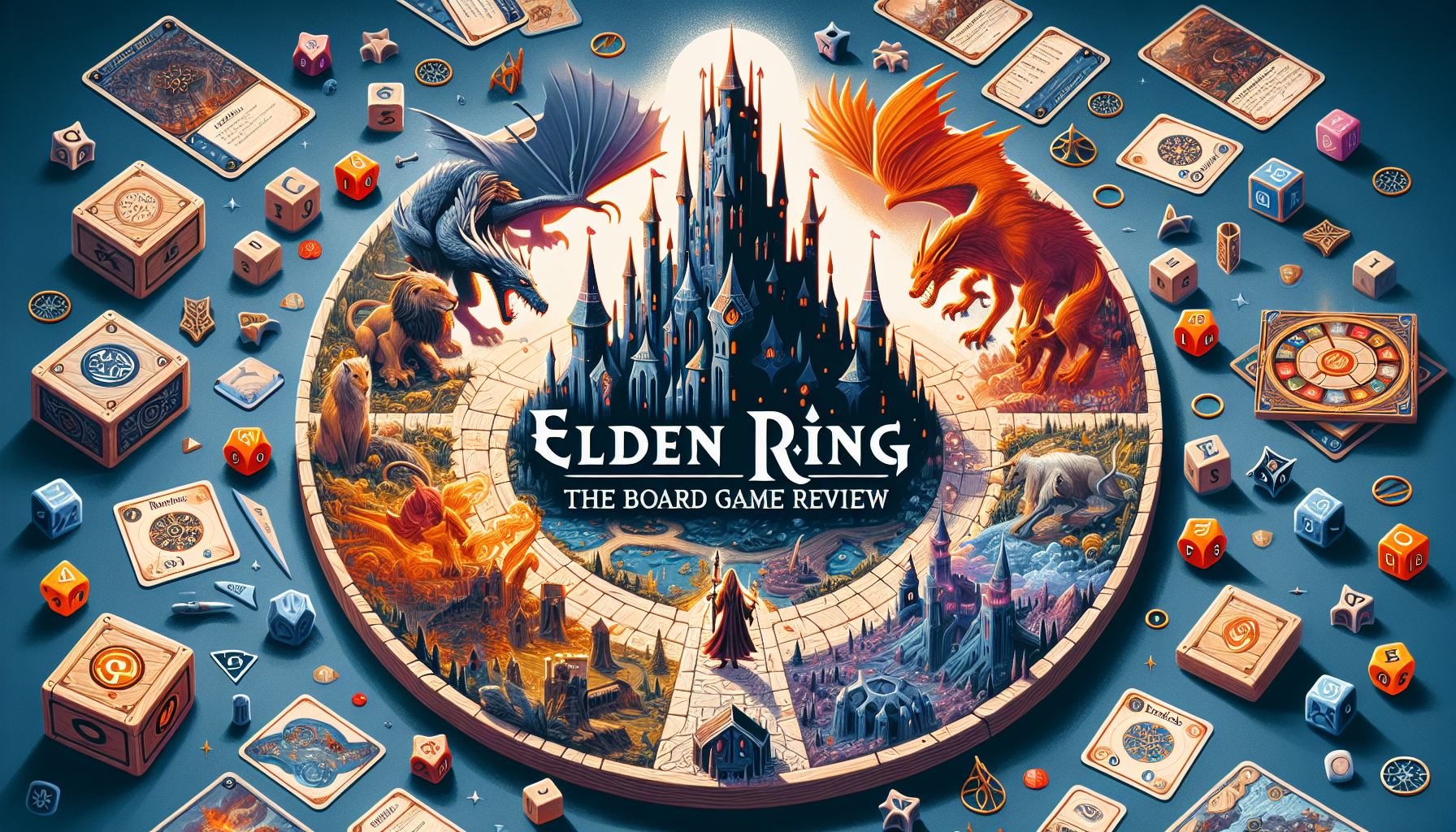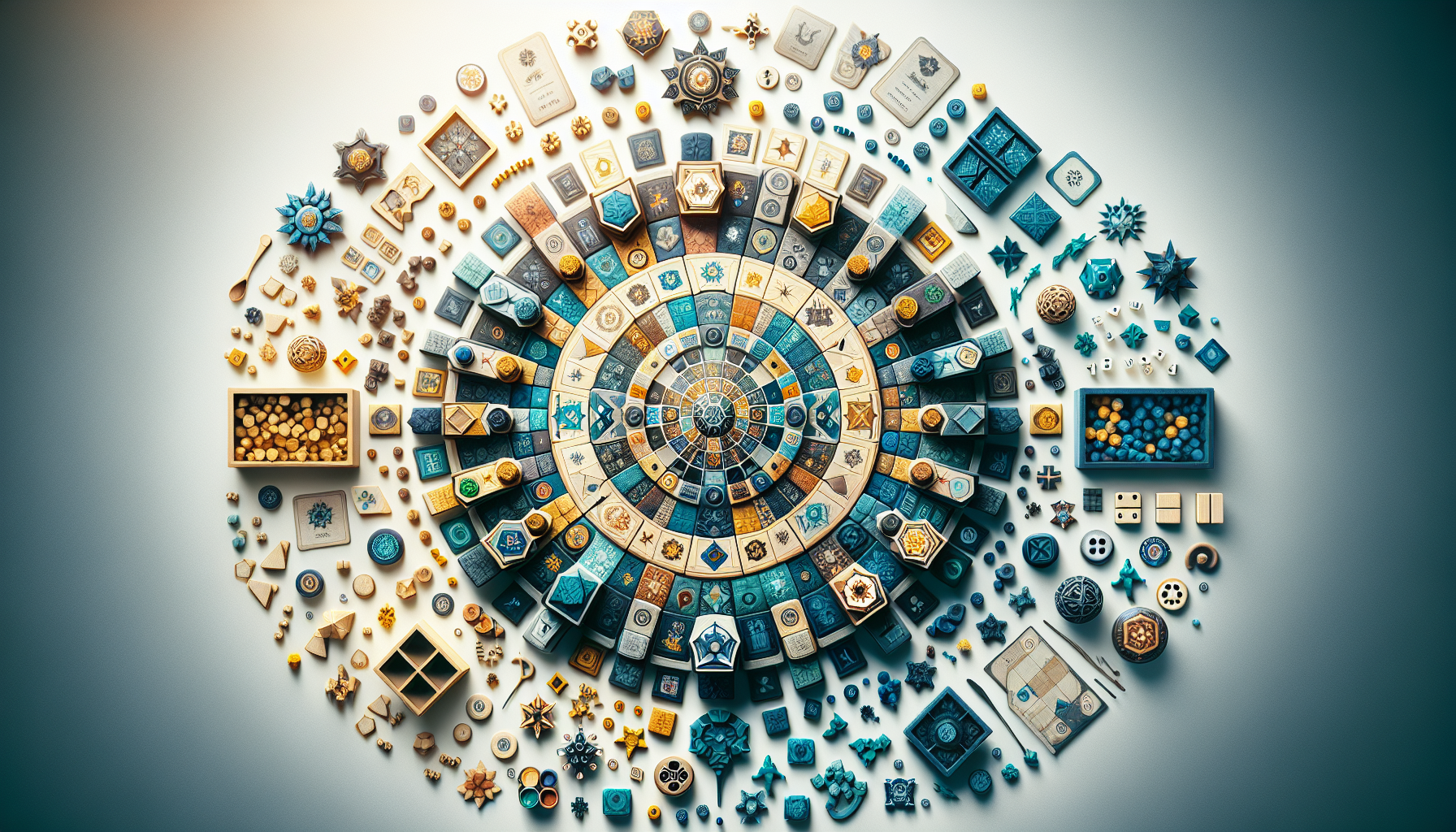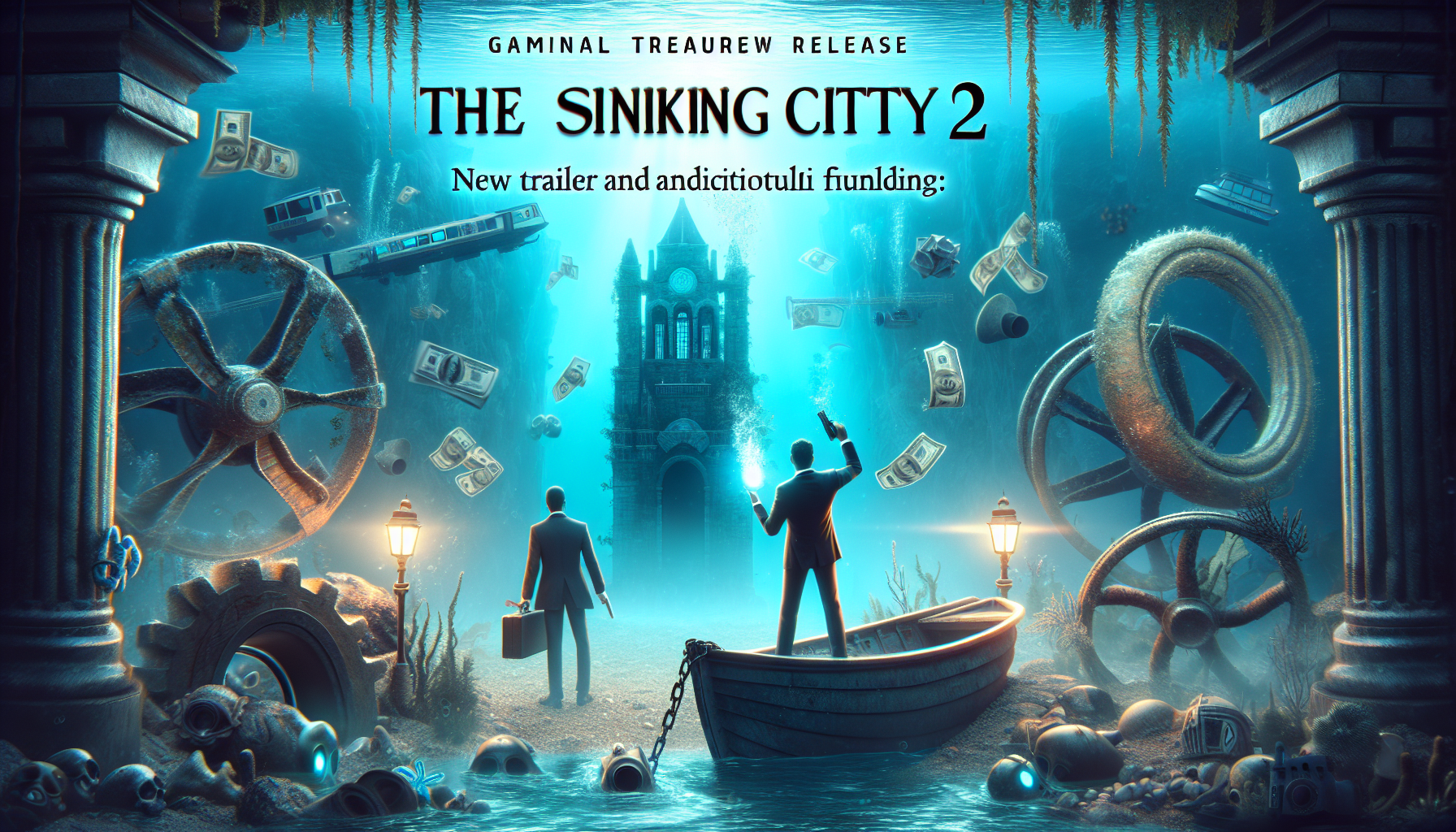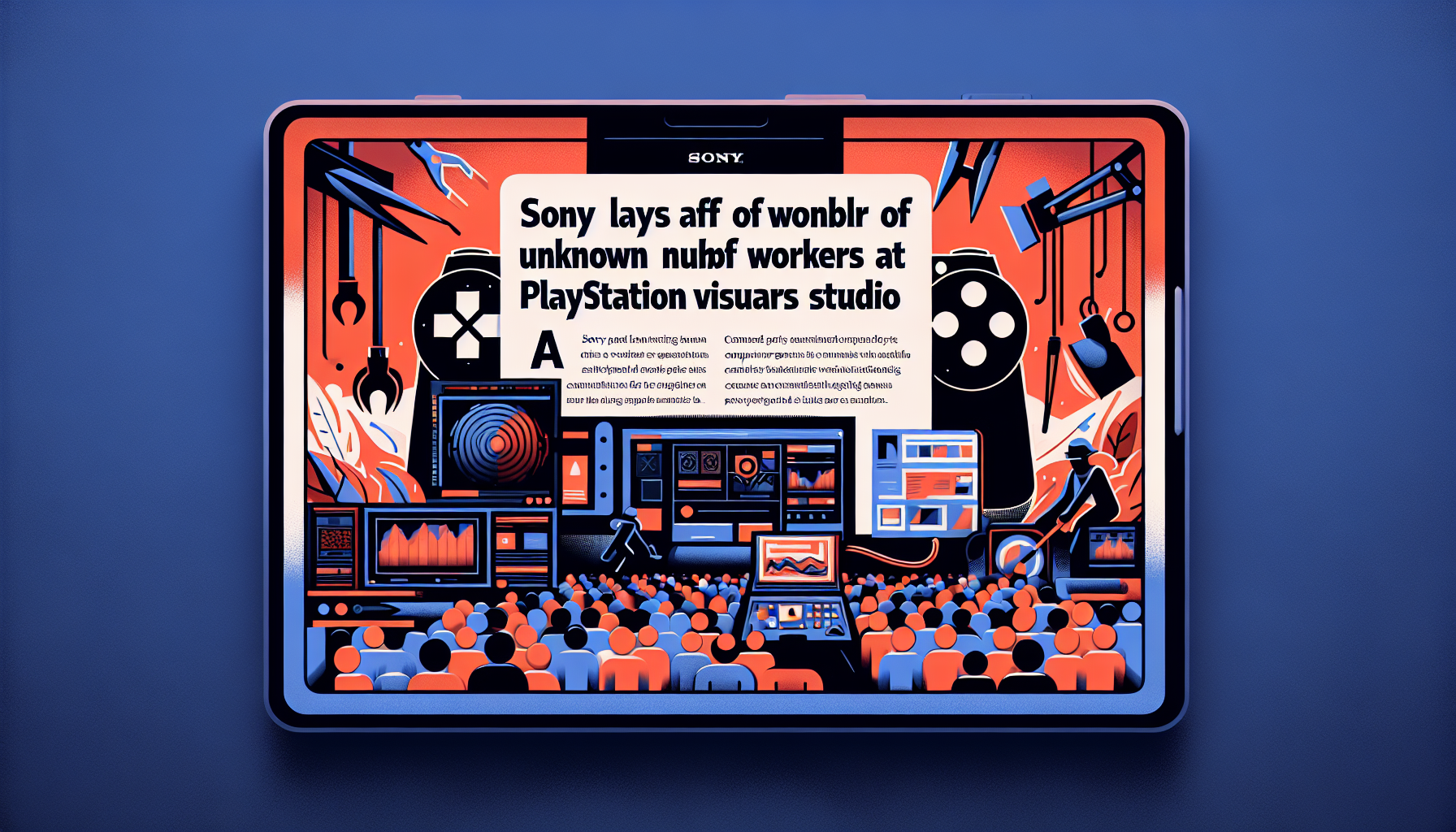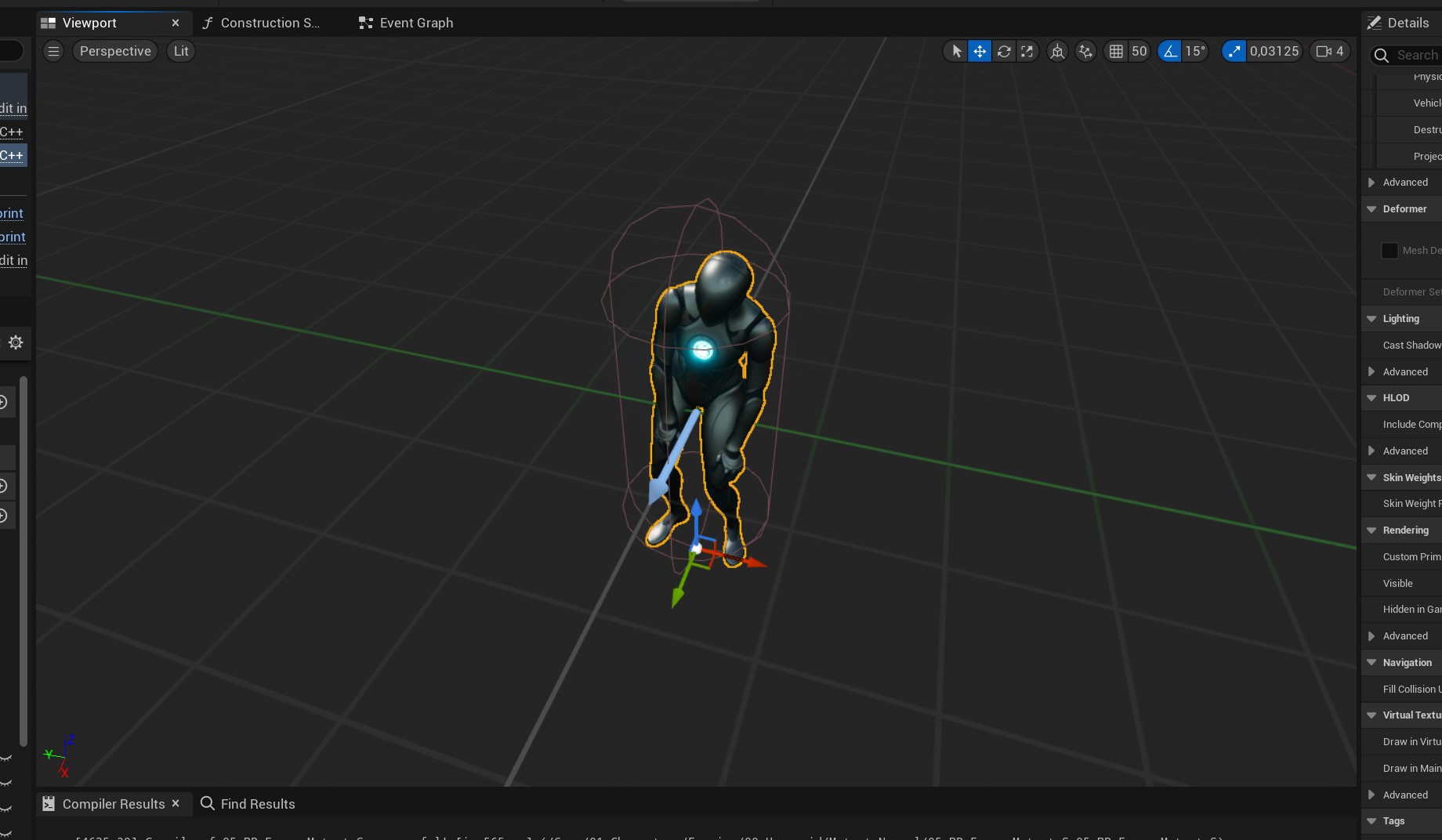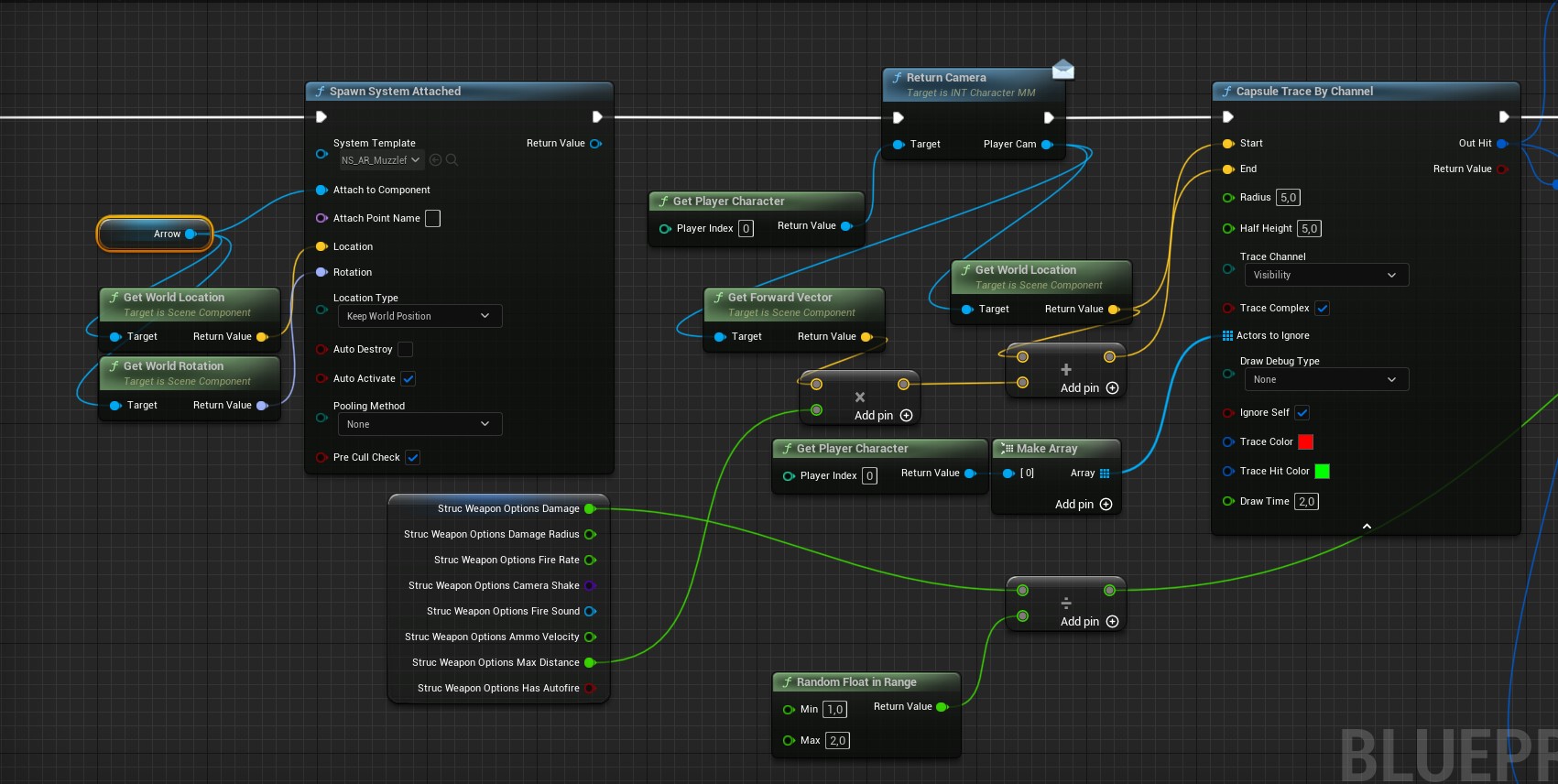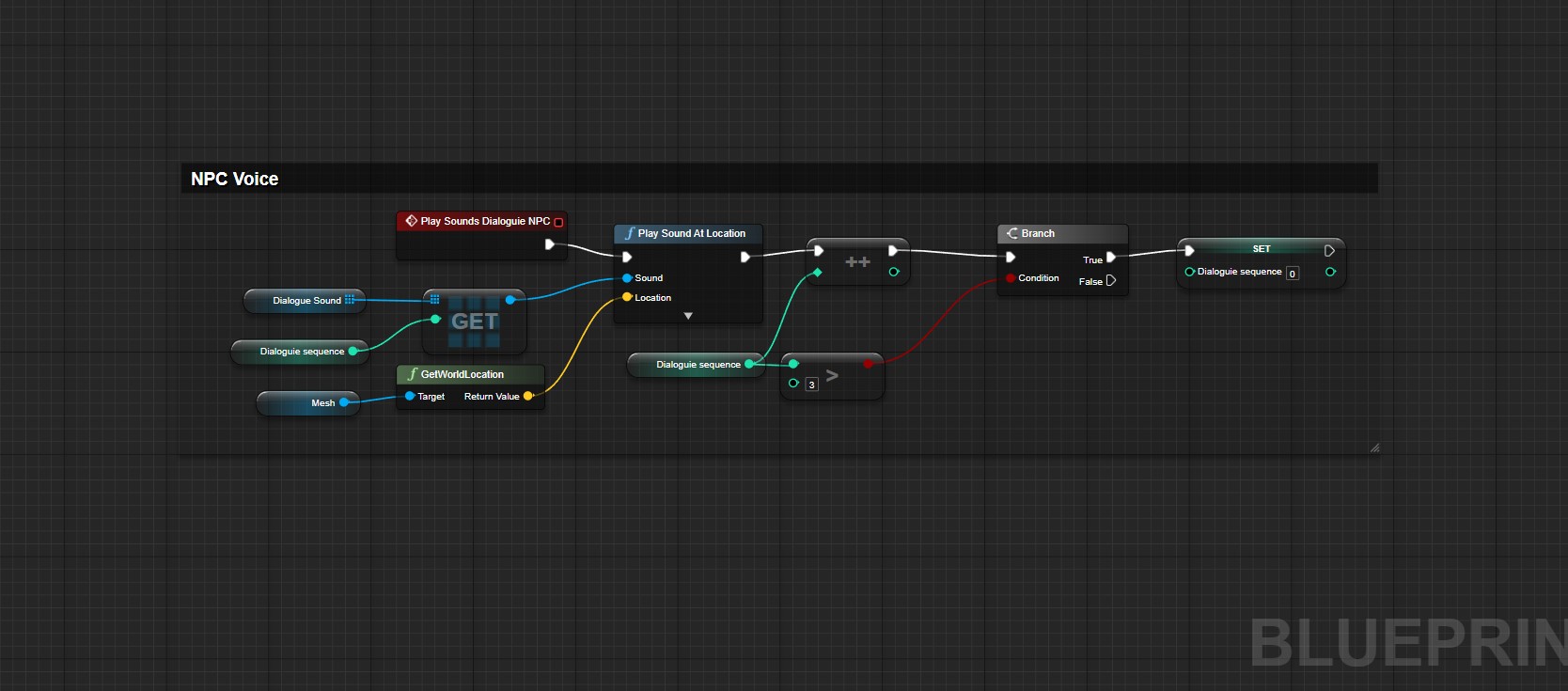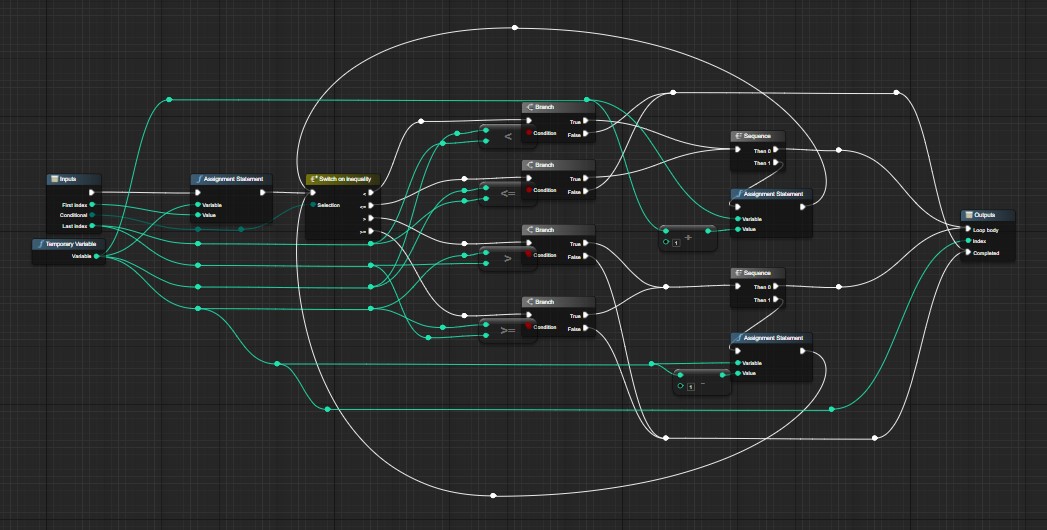The digital landscape is undergoing a fascinating transformation with the emergence of AI influencers – virtual personalities meticulously crafted using advanced artificial intelligence tools like Fucus. These digital personas are not only captivating audiences across social media platforms but are also raking in substantial incomes, sometimes exceeding $10,000 per month. While this new trend presents intriguing opportunities for creators and marketers alike, it also raises important questions about authenticity, ethics, and the future of influencer marketing.
The Allure of AI Influencers
AI influencers like Ayatana Lopez, Lil Miquela, and Imma Gram have garnered massive followings due to their unique appeal. They are always available, can be molded to fit specific brand aesthetics, and are immune to the scandals or controversies that often plague human influencers. Their ability to consistently produce high-quality content with various styles, poses, and backgrounds further amplifies their attractiveness for brands seeking reliable partners.
Democratizing Influencer Creation
The democratization of AI tools like Fucus has empowered aspiring creators to dive into the world of AI influencers without requiring extensive technical expertise. With just a few clicks and the right prompts, anyone can craft a virtual personality that aligns with their vision. This accessibility opens up new avenues for individuals to express their creativity, explore different personas, and potentially monetize their creations.
Ethical Considerations and the Quest for Authenticity
While the rise of AI influencers presents exciting possibilities, it also brings forth ethical concerns. The potential for these digital creations to spread misinformation, manipulate public opinion, or perpetuate unrealistic beauty standards necessitates careful consideration and responsible use. Moreover, the question of authenticity looms large as audiences grapple with distinguishing between real and virtual personalities.
The Future of Influencer Marketing
As AI technology continues to advance, the lines between human and AI influencers are likely to blur even further. Brands will need to navigate this evolving landscape with transparency and a commitment to ethical practices. Consumers, on the other hand, will need to develop a discerning eye to differentiate between genuine human connection and AI-generated interactions.
In Conclusion
The rise of AI influencers marks a new chapter in the ever-evolving world of digital marketing. While their potential for creativity and innovation is undeniable, it’s crucial to approach this trend with a critical eye, ensuring that authenticity, ethics, and human connection remain at the forefront of the influencer marketing industry. As we venture into this uncharted territory, the future holds exciting possibilities for both AI and human influencers to co-exist and thrive in the digital realm.







